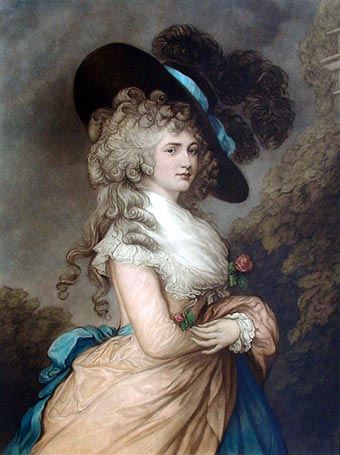October 1, 2011
How to write historical fiction

This month I wrote an article for a new collection on historical fiction.
Here, ahead of publication, are a few writing tips for those considering the genre.
Do your research
You don’t have to be a trained historian to write a good historical novel, but you do need to know your period well enough to make your readers confident of its veracity.
Work out your ground rules
There are historical novelists who take enormous liberties with what is known, and historical novelists who only invent in the gaps. Anything is permissible under the umbrella of fiction, but remember than creativity is not the same as mangling facts. You might imagine a seventh wife for Henry VIII and win readers, but those same readers will find it hard to trust you if you inadvertently describe him switching on a light.
Never preach
You will undoubtedly discover many fascinating facts about your topic, but only weave these in if your narrative requires them. There is nothing more off-putting than a historical novel which really wants to be a history lesson.
Be specific about your location
While your characters may be fantasies, when and where you locate them should be as realistic as possible. Always choose a specific time and place – Kensington Gardens in 1792 rather than late eighteenth-century London.
Use multiple sources
Sometimes the most valuable research is a picture, or an object in a museum, or visiting the actual location. These can provide important physical details to help bring the world you are creating alive for your readers. The internet is an excellent resource here offering images and virtual tours.
Let go of a contemporary vantage point
Not only must you familiarize yourself with the world you are writing about so it becomes second-nature to imagine your character writing with a quill pen, you must also let go of a twenty-first century mindset. It might be hard now to enter the mind of a slave owner, but if that is your topic you must do so or your portrayal will lack conviction.
Forget the consequences
Your characters do not have a historian’s hindsight so try to take yourself back to the point before the outcome was known. If all those young men had realized in 1914 what awaited them in the trenches, they might have been less eager to sign up.
Idiom
While you may decide against trying to emulate the language of the past, avoid current trends. ‘Cool’ should only be used to denote temperature!!
Think about fiction
A good historical novel should have all the elements of good fiction, so consider the overall shape and story, the characters and writing as well as historical accuracy.
Different ways to tell your story
Remember stories can be told in flashback as well as chronologically, or from the viewpoint of one or more characters as well as an omniscient narrator.
Find help
Asking someone who knows about your period to go through your finished novel is invaluable. No matter how careful you have been, the chances are you will have got some details wrong.
Prolific reading
As with all good writing, the more you read in your chosen genre the better your work will be.